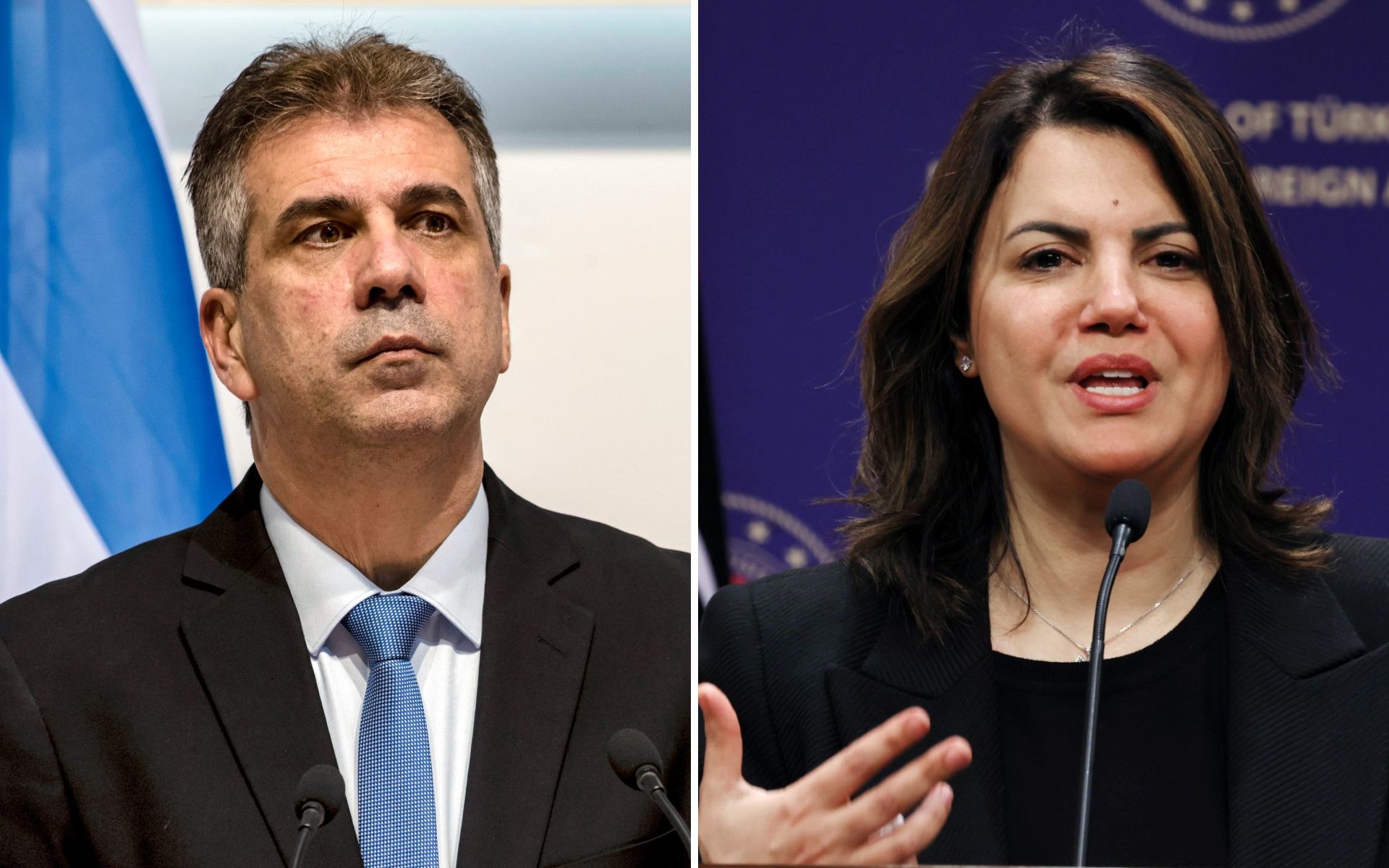In a recent revelation that has sent shockwaves through the Middle East, former Kuwaiti MP Nasser Al-Duwailah has unveiled details hinting at Israel’s covert efforts to destabilize the government of Abdul Hamid Dbeibah in Tripoli. Central to this unfolding geopolitical drama is the clandestine meeting between Libya’s Foreign Minister, Najla Al-Mangoush, and her Israeli counterpart, Yair Lapid.
Al-Duwailah, known for his candid insights on regional politics, took to Twitter to dissect the situation. He painted a picture of a divided Libya: the eastern part, consolidated under the leadership of General Khalifa Haftar, stands in stark contrast to the fragmented west. Notably, Haftar’s stronghold in the east is believed to have the backing of Israel.

The strategic leak of the Cohen-Al-Mangoush meeting, Al-Duwailah suggests, is not a mere coincidence. Instead, it appears to be a calculated move by Israel to sow discord within the Dbeibah administration. The implications of such a strategy are profound. Should the Dbeibah government crumble under pressure, Aguila Saleh, the head of the House of Representatives, would emerge as the sole legitimate representative. Saleh’s recognition of Haftar as Libya’s leader would then position Haftar as the uncontested ruler of the nation.
Al-Duwailah’s revelations also spotlight the perspective of Libya’s Grand Mufti, Sadiq Al-Ghariani. The Mufti’s call to arms, urging revolutionaries to unite under his vision, adds another layer of complexity to the already intricate Libyan political landscape.
In the grand scheme of Middle Eastern geopolitics, this episode underscores the lengths to which nations will go to secure their interests. As the story unfolds, the international community will be keenly watching the repercussions of this leaked meeting and the potential realignment of power structures in Libya.
